Dysphoria is characterized by a feeling of general unhappiness, restlessness, frustration or dissatisfaction, which can be the result of a variety of mental health conditions.
What is dysphoria?
The psychological condition dysphoria is often accompanied or caused by mental health conditions. The environment, stress, grief, and relationship problems can also cause it.
Dysphoria can often be temporary, as a mood can cause a person to experience a disorder. There is also the possibility of long-term dysphoric states, and long-term dysphoric state is commonly associated with mood disorders, such as major depression, mania and cyclothymia.
Dysphoric conditions can also result from nutritional deficiencies or health conditions. Patients with hypoglycemia may experience this condition, while chronic illnesses can cause them to feel frustrated and unhappy.
As opposed to euphoria, dysphoria is based on a feeling of profound uneasiness or dissatisfaction. Dysphoria is not itself a mental health term, but it’s a symptom associated with a wide range of mental illnesses including stress, anxiety, depression, and substance abuse.
Read: What is Self-harm
Signs of dysphoria
Dysphoria sometimes occurs in conjunction with other signs of depression or mental health problems, such as crying, losing interest in pleasure activities, loss of appetite, and problems sleeping. These are some of the common symptoms of dysphoria:
- Apathy
- Fatigue
- Low life satisfaction
- Sadness
- Unease
- Worry
Dysphoric people also seem to think differently. Dysphoric condition was found to be associated with more frequent thoughts about the future in a 2019 study published in Psychiatry Research.
There was a higher likelihood of negative thoughts and implausible outcomes among people with dysphoric conditions.
The cause of dysphoria is uncertain, and the cause of bleaker outlooks maybe this condition or more negative thoughts.
Dysphoria vs. Dysmorphia
It is common to use the terms “dysphoria” and “dysmorphia” interchangeably, but each word has its own meaning.
It is common for people to use dysphoria to refer to gender dysphoria. Dysphoria by itself indicates a general feeling of dissatisfaction (such as that caused by one’s gender identity when suffering from gender dysphoria). Alternatively, dysmorphia refers to an irregularity of size or shape. A body dysmorphic disorder is a psychological disorder in which an individual has a distorted view of their body.
Read: Dysgraphia
Prevalence
There might not be a need to diagnose dysphoric conditions as a mental illness such as depression. They may exhibit mild symptoms or symptoms of a short duration that do not qualify.
Women between the ages of 25 and 44 have the highest risk of experiencing dysphoric conditions. Dysphoric conditions can last for a short time or be fleeting. It often resolves quickly. The risk of suicide may be increased with a long-term dysphoric state, a symptom often associated with mental illness.
Causes
Feelings of dysphoria can be caused by a variety of factors. These factors include:
- Stress: Dysphoric conditions can be caused by stressors in one’s environment, such as the loss of a loved one, a stressful work environment, or family conflict.
- Health conditions: There are also physical conditions that can cause dysphoric conditions, including nutritional deficiencies, thyroid problems, and toxicities.
- Medications: Some medications can also cause dysphoric conditions as a side effect.
Other mental health conditions
Many mental health conditions can cause dysphoria. Here are some conditions that may cause dysphoria:
- Adjustment disorder
- Bipolar disorder
- Depression
- Personality disorders
- Schizoaffective disorder
- Seasonal affective disorder
Substance use
People who have alcohol dependency often experience dysphoria when drinking heavily. Dysphoria and poor clinical outcomes are common in people with alcohol dependence and mood disorders.
Dysphoria can lead to drinking excessively in some cases. Alcohol can also cause dysphoria in some cases. Drinking less often can improve a person’s mood, but the effect is not immediate.
It is common to experience a dysphoric state after withdrawal.
The symptoms usually subside once hunger and sleep improve.
Read: Tobacco Use Disorder
Tobacco use
According to studies, dysphoria is also associated with smoking. It was found to increase the likelihood of withdrawal symptoms associated with nicotine. The most significant association between dysphoric conditions and smoking outcomes is among all depressive symptoms. It is suspected to be central to the establishment and maintenance of maladaptive smoking.
People who suffer from pain-related anxiety are much more likely to smoke cigarettes to cope with dysphoric conditions, according to a study published in Addictive Behaviors in 2019.
Types of dysphoria
Informally, dysphoria is not classified into different types because it is not a diagnosable mental disorder. Although there are several types of dysphoria, there are also some related conditions that are considered unofficially dysphoric states.
Gender dysphoria
Dysphoria is currently the most common term used to describe gender dysphoria. In this condition, an individual experiences distress when the sex assigned at birth differs from the one they identify as.
People sometimes get over dysphoric conditions when they transition to their preferred gender or begin to live as their preferred gender. People may still experience it after transitioning and during it.
Read: Schizophreniform Disorder
Premenstrual dysphoric disorder (PMDD)
Premenstrual dysphoric disorder (PMDD) is also a type of dysphoric state. The symptoms of PMDD are more severe than those of premenstrual syndrome.
There are various physical and psychological symptoms of depression, such as moodiness, irritability, depression, and low self-esteem. This can be controlled by medication and a change in lifestyle.
Tardive dysphoria
Tardive dysphoria is caused by chronic depression that is resistant to treatment. This type is associated with the long-term use of antidepressants.
Treatment
Seek professional help if you experience a dysphoric state for more than two weeks. Talk with your doctor first. It can be caused by medical conditions or medications that interact. Talk to your doctor to rule these out.
Your symptoms can be assessed by a mental health professional in order to determine whether a mental health condition lies behind it. Treatment for dysphoria will depend on the underlying cause.
It may be recommended that you seek therapy, medication, or lifestyle changes to help you feel better and improve your mood.
Read: Clinical Psychology
Coping
People who experience disphoric conditions may also find it helpful to modify their lifestyles, in addition to professional treatment. Dysphoric feelings can be treated in several ways, including:
- Adjust your routines: The feeling of dysphoric states can sometimes result from feeling stuck in routines that don’t help you break out of it. If your daily habits don’t lift your mood, you may need to adjust them.
- Try to eat healthily: Making sure you eat well can help reduce feelings of dysphoric conditions. Nutrition factors can also affect mood and mental health.
- Exercise: Research shows that exercise has a positive impact on mental health, and it may even help patients suffering from depression. Get at least 150 minutes of moderate-intensity exercise per week as recommended by the Centers for Disease Control and Prevention.
- Spend time with friends and family: People who suffer may isolate themselves, but social support can play an important role in their mental health. Try to find ways to spend more time with family and friends.
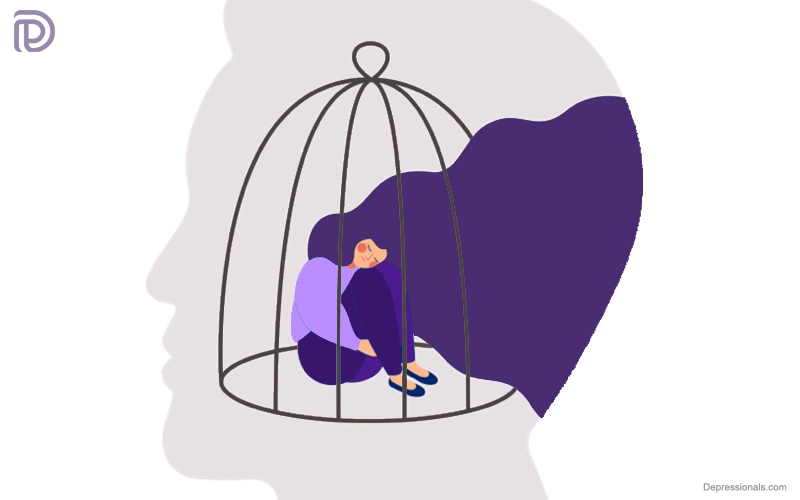
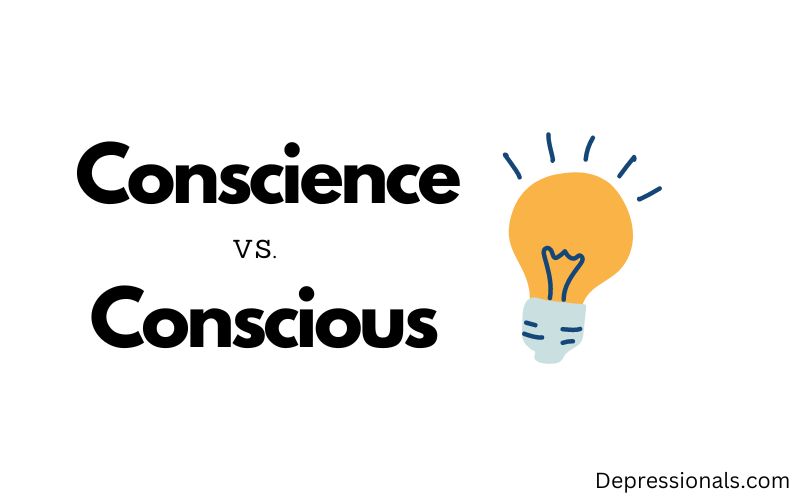
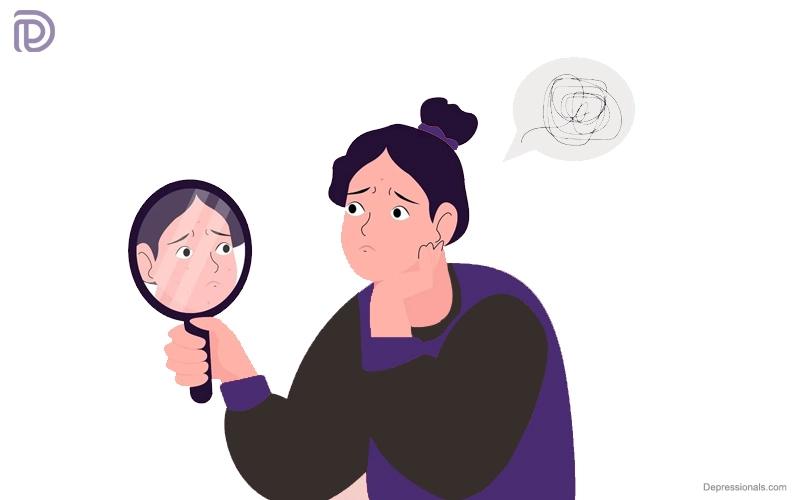
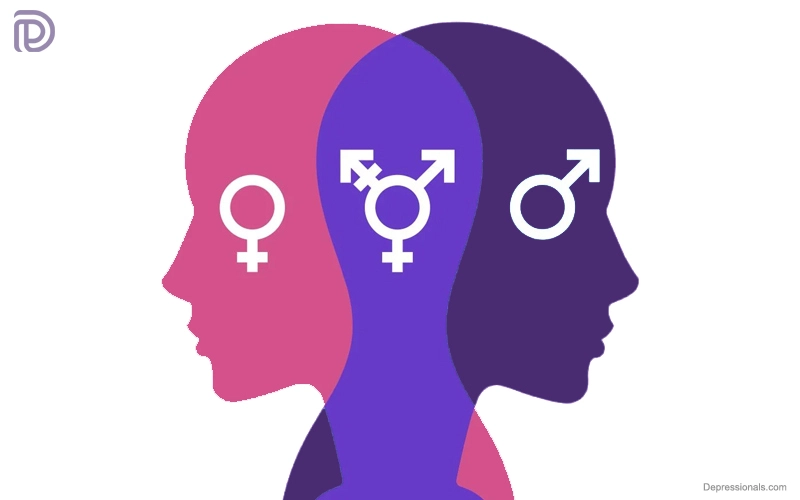
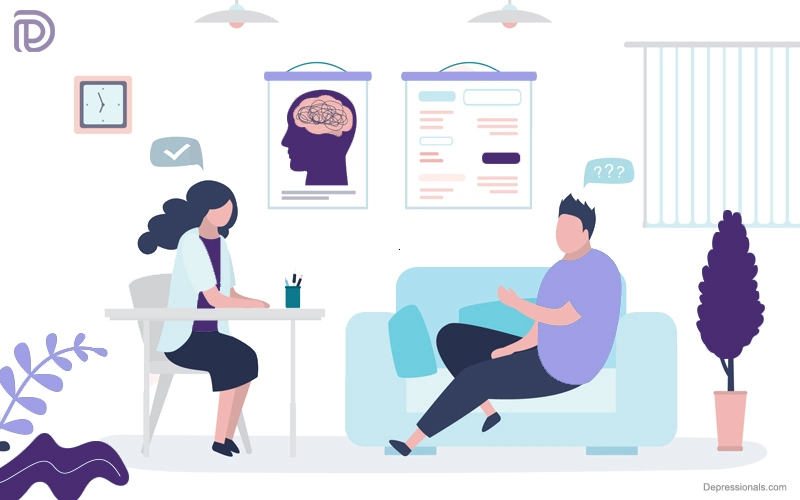

The core of your writing whilst sounding reasonable at first, did not really settle very well with me after some time. Somewhere throughout the paragraphs you were able to make me a believer but only for a short while. I however have a problem with your leaps in assumptions and one would do nicely to fill in all those breaks. In the event that you can accomplish that, I will certainly end up being fascinated.
I’ve been exploring for a bit for any high quality articles or blog posts on this sort of house . Exploring in Yahoo I at last stumbled upon this web site. Reading this information So i’m satisfied to express that I’ve an incredibly good uncanny feeling I came upon just what I needed. I so much for sure will make sure to don抰 disregard this web site and give it a look regularly.
This really answered my downside, thanks!
WONDERFUL Post.thanks for share.
Hello there, I found your web site via Google while searching for a related topic, your site came up, it looks good. I’ve bookmarked it in my google bookmarks.
Have you ever thought about writing an e-book or guest authoring on other websites? I have a blog based upon on the same topics you discuss and would love to have you share some stories/information. I know my viewers would appreciate your work. If you are even remotely interested, feel free to shoot me an e-mail.
Wonderful beat ! I wish to apprentice while you amend your site, how can i subscribe for a blog web site? The account aided me a acceptable deal. I had been tiny bit acquainted of this your broadcast offered bright clear concept
Wonderful work! This is the type of info that are meant to be shared across the internet. Shame on the seek engines for not positioning this publish higher! Come on over and talk over with my web site . Thank you =)
One important thing is that if you find yourself searching for a education loan you may find that you will want a cosigner. There are many cases where this is true because you should find that you do not use a past credit rating so the financial institution will require that you’ve someone cosign the loan for you. Good post.
Another thing I have noticed is the fact that for many people, less-than-perfect credit is the reaction to circumstances above their control. One example is they may be actually saddled by having an illness and as a consequence they have substantial bills for collections. Maybe it’s due to a job loss or even the inability to go to work. Sometimes separation and divorce can send the budget in a downward direction. Thanks for sharing your thinking on this blog.